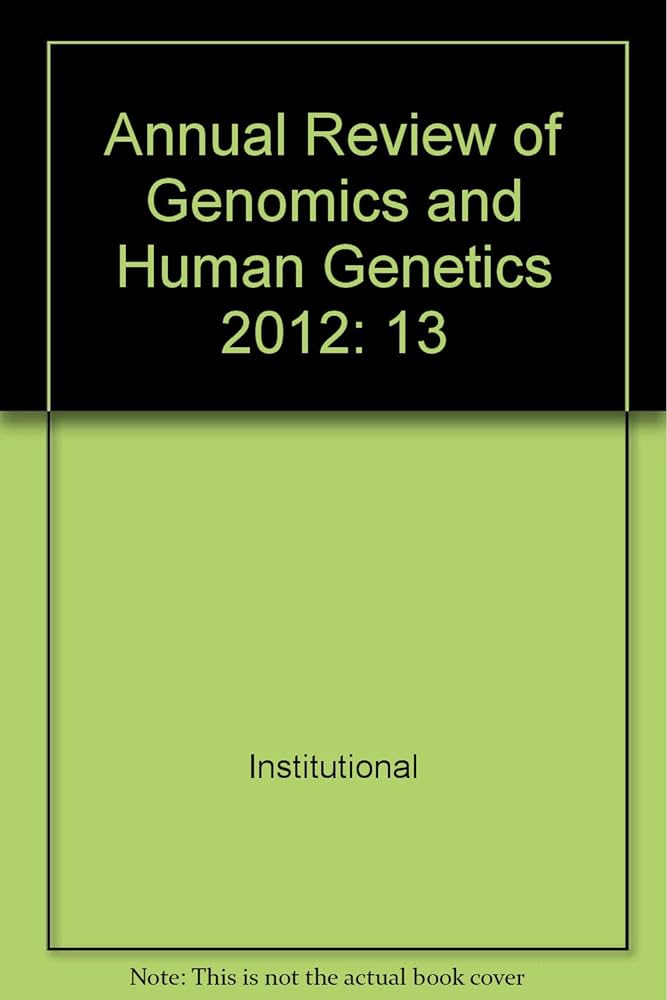癌症的结构变异:作用、流行和机制。
IF 7.9
2区 生物学
Q1 GENETICS & HEREDITY
Annual review of genomics and human genetics
Pub Date : 2022-06-02
DOI:10.1146/annurev-genom-120121-101149
引用次数: 19
摘要
体细胞重排导致的基因组结构变异通过改变癌基因的表达或功能驱动恶性表型。泛癌症研究表明,在大多数癌症类型中,结构变异(SVs)是驱动突变的主要类别,但由于它们很难被发现,因此与点突变相比,它们仍未得到充分研究。本文综述了目前关于躯体性SVs的知识,讨论了它们的主要作用、在不同背景下的流行以及突变机制。sv出现在癌症的整个生活史中,泛癌症全基因组分析项目发现的驱动突变中有55%代表sv。利用细胞生物学和基因组学的融合,我们提出了体细胞SVs的机制分类,从简单到高度复杂的DNA重排类。DNA修复和DNA复制过程的作用以及有丝分裂错误导致了丰富的SV形成过程,在初始DNA损伤形成后,级联效应介导了广泛的结构多样性。由于新的测序技术,包括单细胞基因组测序,关于SV形成的分子触发因素和生物分子及其突变率的开放性问题现在可以得到解决。预计《基因组学与人类遗传学年度评论》第23卷的最终在线出版日期为2022年10月。修订后的估计数请参阅http://www.annualreviews.org/page/journal/pubdates。本文章由计算机程序翻译,如有差异,请以英文原文为准。
Structural Variation in Cancer: Role, Prevalence, and Mechanisms.
Somatic rearrangements resulting in genomic structural variation drive malignant phenotypes by altering the expression or function of cancer genes. Pan-cancer studies have revealed that structural variants (SVs) are the predominant class of driver mutation in most cancer types, but because they are difficult to discover, they remain understudied when compared with point mutations. This review provides an overview of the current knowledge of somatic SVs, discussing their primary roles, prevalence in different contexts, and mutational mechanisms. SVs arise throughout the life history of cancer, and 55% of driver mutations uncovered by the Pan-Cancer Analysis of Whole Genomes project represent SVs. Leveraging the convergence of cell biology and genomics, we propose a mechanistic classification of somatic SVs, from simple to highly complex DNA rearrangement classes. The actions of DNA repair and DNA replication processes together with mitotic errors result in a rich spectrum of SV formation processes, with cascading effects mediating extensive structural diversity after an initiating DNA lesion has formed. Thanks to new sequencing technologies, including the sequencing of single-cell genomes, open questions about the molecular triggers and the biomolecules involved in SV formation as well as their mutational rates can now be addressed. Expected final online publication date for the Annual Review of Genomics and Human Genetics, Volume 23 is October 2022. Please see http://www.annualreviews.org/page/journal/pubdates for revised estimates.
求助全文
通过发布文献求助,成功后即可免费获取论文全文。
去求助
来源期刊
CiteScore
14.90
自引率
1.10%
发文量
29
期刊介绍:
Since its inception in 2000, the Annual Review of Genomics and Human Genetics has been dedicated to showcasing significant developments in genomics as they pertain to human genetics and the human genome. The journal emphasizes genomic technology, genome structure and function, genetic modification, human variation and population genetics, human evolution, and various aspects of human genetic diseases, including individualized medicine.

 求助内容:
求助内容: 应助结果提醒方式:
应助结果提醒方式:


